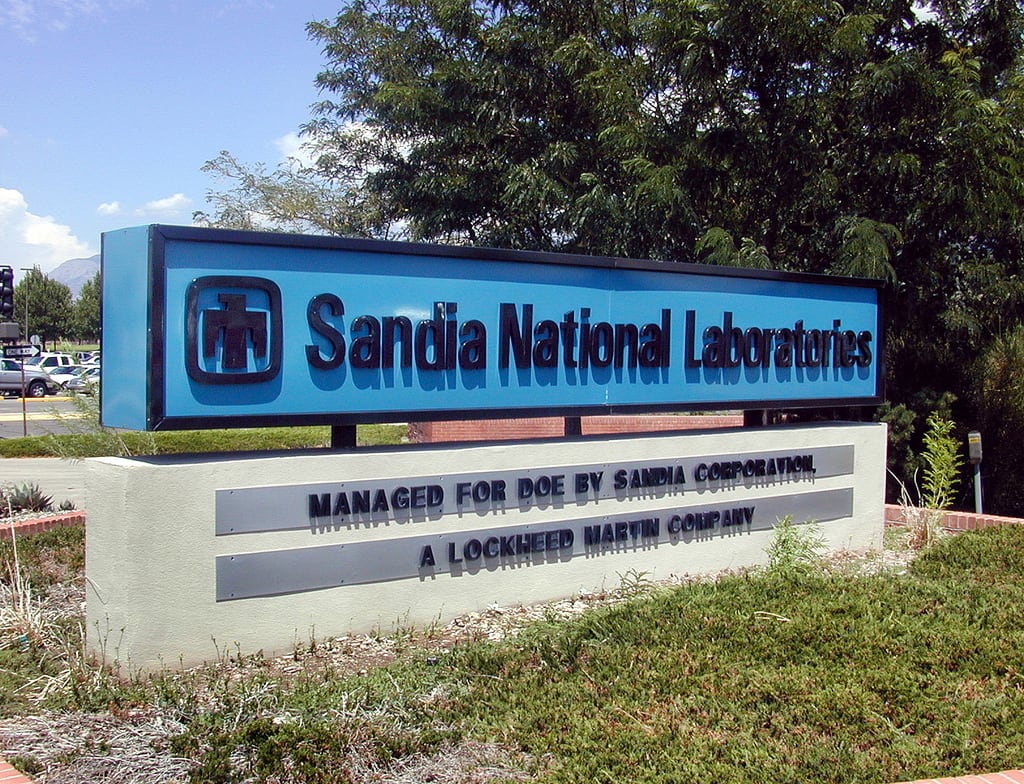The Department of Justice launched an initiative Nov. 5 that aims to prevent trillions of dollars in government spending from being wasted on purchases where contractors rigged their bidding prices or participated in other fraudulent schemes.
The Procurement Collusion Strike Force — an interagency partnership between the DOJ Antitrust Division, prosecutors from 13 U.S. Attorneys’ Offices, as well as investigators from the FBI, the Department of Defense Office of Inspector General, the U.S. Postal Service Office of Inspector General and other partner federal Offices of Inspector General — will both investigate potential government contracting fraud and teach agency contracting officers to detect such behavior on their own.
The strike force will work with U.S. attorney’s offices in the Central and Eastern Districts of California; the District of Colorado; the District of Colombia; the Southern District of Florida; the Northern District of Georgia; the Northern District of Illinois; the Eastern District of Michigan; the Southern District of New York; the Southern District of Ohio; the Eastern District of Pennsylvania; the Northern District of Texas; and the Eastern District of Virginia.
RELATED

“To protect taxpayer dollars, the Justice Department is doing its part to eliminate anticompetitive collusion, waste and abuse from government procurement,” said Deputy Attorney General Jeffrey Rosen at a press conference.
“To ensure taxpayers the full benefits of competitive bidding, experienced investigators and prosecutors with the necessary expertise will partner in this strike force to deter, detect and prosecute antitrust crimes and related schemes in government procurements.”
The program will focus on reaching out to and training procurement officials in 13 districts throughout the country to recognize antitrust behavior on a federal, state and local level. The team of prosecutors and investigators on the strike force will then pursue cases that result from those outreach efforts.
“Inspectors General throughout the federal government have a long history of rooting out waste, fraud and abuse in government contracting,” said Michael E. Horowitz, inspector general of the Department of Justice and chair of the Council of Inspectors General on Integrity and Efficiency.
“We welcome the opportunity to contribute our expertise to the important work of the Procurement Collusion Strike Force. We look forward to partnering with the other participating members of the law enforcement community to hold accountable actors who seek to defraud the government and cheat taxpayers.”
The new task force is not the Department of Justice’s first foray into dealing with contractors that conspire to rig government bids in such a way that the agency ends up spending more than market value on a particular contract or one bidder is guaranteed to receive the contract. The Antitrust Division has targeted five South Korean oil companies in a bid-rigging conspiracy targeting U.S. military bases, individuals that rigged bids on GSA contracts and several other conspiracies that resulted in millions of dollars of civil settlements.
According to a video posted to the DOJ Antitrust Division website, antitrust behavior often occurs between competitors in the same industry, who work together to ensure that there is lower scrutiny on a contract and create a false sense of competition so that one business is guaranteed to win the contract. Such crimes can be long term, because competitors then often return the favor on a later contract.
Jessie Bur covers federal IT and management.
In Other News




